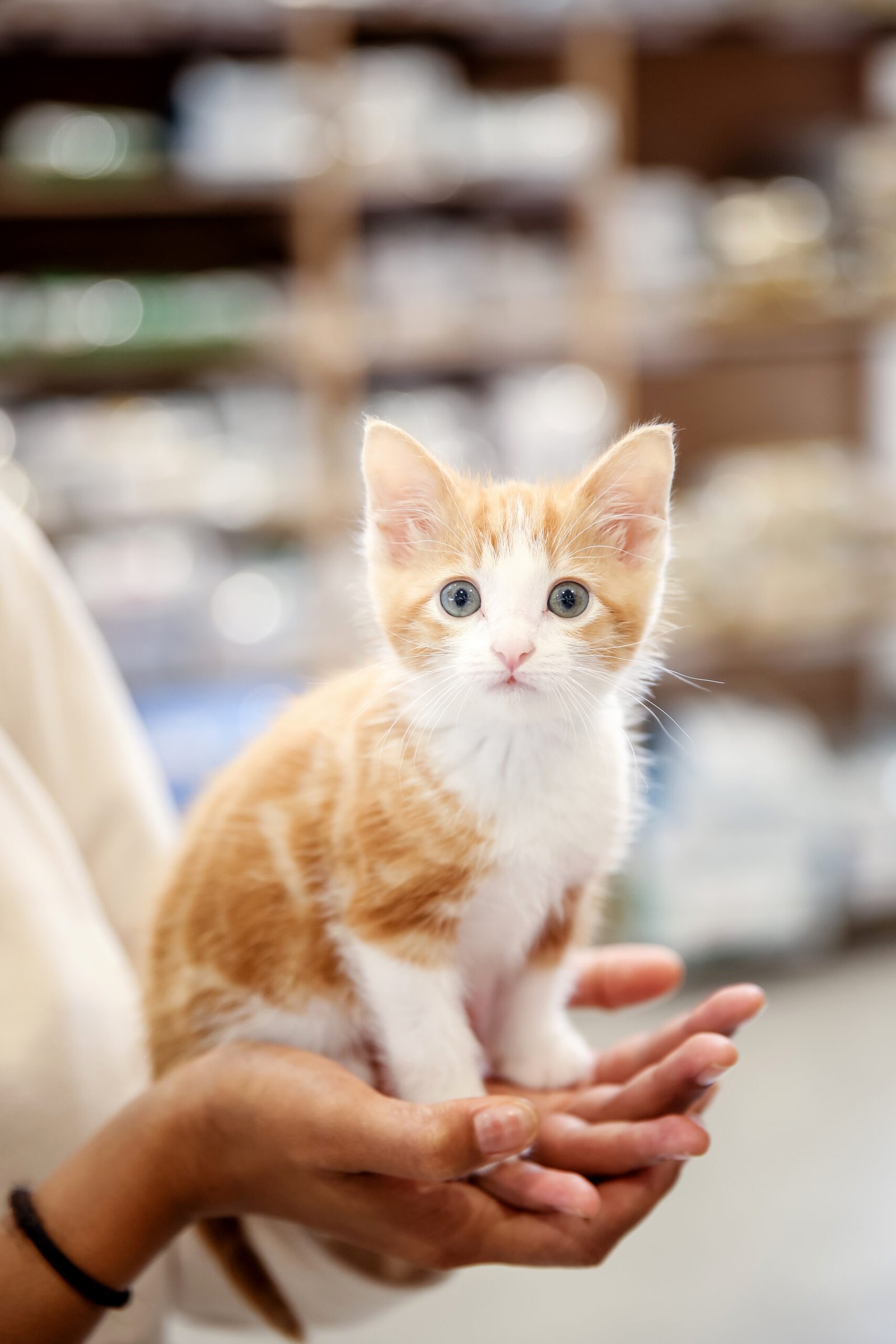
Welcoming a litter of newborn puppies or kittens can be an exciting and heartwarming experience! However, raising these tiny furballs, especially if they are orphaned or unable to nurse from their mother, comes with responsibilities. Bottle feeding is a critical aspect of their care. Here are some essential tips and fun insights into bottle feeding, shared by Sr Sam, to ensure your little ones grow up healthy and happy.
Keeping Warm: The Importance of Thermoregulation
Did you know that puppies and kittens can’t regulate their body temperature until they’re about 4-6 weeks old? Providing a warm environment is crucial for their survival. Use soft blankets and a covered hot water bottle to create a cozy setup, but ensure they can move closer or further from the heat source as needed.
Bottle Feeding Basics
Here are some pro tips to make bottle feeding smoother for both you and your new furry friends:
Stimulation for Elimination
Newborns can’t urinate or defecate on their own. Use a soft cotton wool pad to gently stimulate their genital areas before and after each feed. Kittens can be introduced to litter training around 3-4 weeks of age by placing them in a shallow litter box during this process. Puppies can be taken to a designated potty area. Clean these areas daily to maintain hygiene.
Weaning: A Fun (and Messy) Milestone
Weaning usually begins at about 4 weeks of age. Start with softened puppy or kitten pellets or tinned food. Gradually reduce milk feedings as they show interest in solid food. By 5 weeks, they should be fully transitioned to soft solids and no longer dependent on milk.
Deworming and Vaccinations
Proper health protocols are vital for these little ones:
When to See a Vet
Keep an eye out for these warning signs and consult your vet immediately if:
Caring for these fragile little ones can be challenging but incredibly rewarding. If you have any questions or concerns about bottle feeding or general care, don’t hesitate to reach out to us at Vitalvet Animal Medical Centre. Our friendly team is here to help at 044 050 6000!

Yes, we are open all-day Saturday from 08:00 – 17:00 and we are on-call 24/7 on 072 088 1957.
Yes, we have qualified veterinary nurses looking after our patients all night with veterinary oversight as needed.
Yes, we can arrange all sorts of advanced imaging here on-site and we also travel with patients to human facilities when required.
Yes, we have a separate ward for cats to minimize their stress in hospital. We also make use of pheromone products to reduce stress in hospital.
We do offer monthly repayments via FLOAT whereby we use existing credit card credit to pay your account off at zero % interest.

Yes, we are open all-day Saturday from 08:00 – 17:00 and we are on-call 24/7 on 072 088 1957.
Yes, we have qualified veterinary nurses looking after our patients all night with veterinary oversight as needed.
Yes, we can arrange all sorts of advanced imaging here on-site and we also travel with patients to human facilities when required.
Yes, we have a separate ward for cats to minimize their stress in hospital. We also make use of pheromone products to reduce stress in hospital.
We do offer monthly repayments via FLOAT whereby we use existing credit card credit to pay your account off at zero % interest.